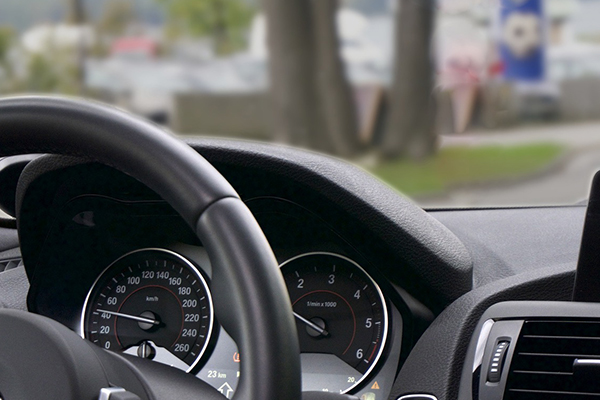 Graduation season should be a positive time for your teen. There is excitement and so much to do. Top on your teen's list may be finding something to wear, coordinating a place to take pictures, and making dinner reservations or planning parties.
Graduation season should be a positive time for your teen. There is excitement and so much to do. Top on your teen's list may be finding something to wear, coordinating a place to take pictures, and making dinner reservations or planning parties.As parents, the most important part of the preparations come from you. In addition to shopping and pictures, talk to your child about safety and explain that alcohol, drugs, and tobacco products are not necessary for having fun. Emphasize safe driving as the top priority.
The PWCS Partners for Safe Teen Driving (PFSTD) program is a community health initiative aimed at reducing teenage automobile crashes, injuries, and fatalities in Virginia. The program assists school divisions and communities in developing and implementing PFSTD programs. Discuss these PFSTD safe driving points with your teen to help them understand how crucial it is to make safe driving choices:
- Demand that alcohol and illegal substance not be allowed.
- Get your teen's promise to not use a cell phone while driving or drive under the influence of a drug or illegal substance. Utilize the parent teen agreement contract.
- Limit the number of passengers a teen driver will be allowed to transport.
- Always insist that everyone in the vehicle wear seat belts.
- Make sure the vehicle your teen will be driving is in good working condition.
- Make alternative arrangements to prevent driving after midnight (chauffeur, parent carpool, taxi).
- Make sure you can contact your teen; have all contact phone numbers before they leave.
- Phone Down: It's the Law. Effective January 1, 2021, it is illegal to hold a handheld personal communications device (e.g., your smartphone) while driving a moving motor vehicle on Virginia highways.
- Every day, car crashes end more teen lives than cancer, homicide, and suicide combined. Based on miles driven, teen drivers are involved in three times as many fatal crashes as all other drivers according to Keys2Drive.
- More than half of the people killed in car crashes are not restrained at the time of the crash. According to the Centers for Disease Control and Prevention (CDC), wearing a seatbelt is the most effective way to prevent death and severe injury in a crash.
- Seven percent of the people who died in distraction-affected crashes in 2019 were teens 15- to 19-years old according to the National Highway Traffic Safety Association.
- According to the CDC, 52 percent of motor vehicle crash deaths among teen drivers and passengers occur on Friday, Saturday, or Sunday.
- Texting while driving increases the risk of crashing by 23 times according to the National Highway Traffic Safety Association.
- About two of every three teenagers killed in crashes in 2019 were males, according to the Insurance Institute for Highway Safety.
